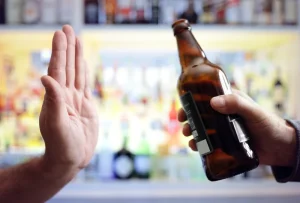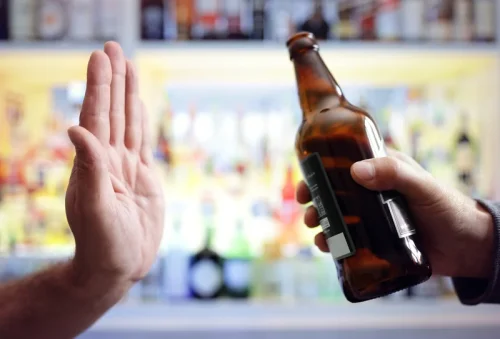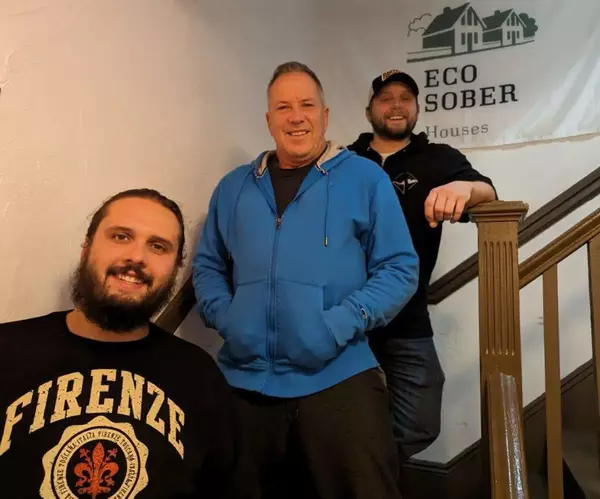
Don’t just stand before the podium and present yourself as someone who abused substances for a while and then quit. Those of us who enter a 12 step recovery program such as AA and NA may eventually be charged with the task of telling our stories to others. This may be in the form of a speaking meeting, or it may simply be a situation in which we feel as if another recovering addict or alcoholic may benefit from our counsel. One of the most critical tips for speaking at an AA meeting is to only tell your story.
- Mark’s key responsibilities include handling day-to-day maintenance matters and oversees our Environment of Care management plan in conjunction with Joint Commission and DCF regulations.
- The more specific you are, the more relatable your story will be.
- A big part of recovery is taking suggestions, and agreeing to go to treatment was a big part of your story.
DO Acknowledge Your Entire Support System
When considering your own readiness, it is recommended that a survivor have enough distance from the date of the incident, usually 18 months or more, to share in a safe and intentional way. It is also recommended that a survivor have an active support system (loved ones, peer supporter, counselor) available to help process reactions. We commit to being your ally from the moment you enter our treatment center to the time you graduate and start attending community recovery groups. Tell those listening to your recovery story how you got help and the steps you took to be well again. Every person’s journey will start looking very different from this point forward.
Let Roots Recovery Turn the Page on Your Recovery Story

Just remember it is not about everything, it is about keeping it short and to the point. Most meetings begin with some readings, meditations, and a story which can go for about 30 minutes. This keeps you from telling too many stories and refines your focus on the most important parts of your personal story. Before sharing your recovery story, it’s crucial to assess your emotional readiness.

Treatment Programs

What sounds most natural to you will differ from Ronald’s – that’s okay! Explain any struggles along the way and who supported you during the journey. However, many rely on AA, NA, or SMART Recovery as their primary support to continue growth after leaving treatment. Because of this, we emphasize the development of a strong aftercare program, including sharing your story in recovery attending these community groups.

PTSD Awareness Day: Understanding Symptoms and Support
There are also many benefits that come with listening and being receptive to the stories of others in recovery. At Cumberland Heights we understand every patient has unique needs. Our experienced staff will develop a personalized treatment plan based on past traumas and/or other co-occurring illnesses.
Some Facts About “The Power of Storytelling in Addiction Recovery: How Sharing Your Story Can Help with Healing”:
This leads to more understanding, compassion, and acceptance in society. Sharing personal recovery stories not only helps others but also provides significant therapeutic benefits for storytellers. By breaking the stigma, storytellers can openly share their struggles, accomplishments, and setbacks. This can be empowering for both the storyteller and the listener.
Sign up for AA Daily Reflections
It is important to be honest but also inspiring, so people can understand the struggles and be amazed by the strength needed to overcome them. Sharing your recovery story can inspire and provide hope for individuals struggling with addiction by showing them that recovery is possible. Personal stories provide real-life examples of individuals who have overcome similar challenges, making recovery more relatable and attainable. Additionally, sharing personal experiences promotes emotional healing through self-expression and helps others find hope and strength in their own recovery journey. One unique aspect of breaking stigma through storytelling is the potential to inspire change on individual and societal levels.
- Reflection is key; take time to think about your journey, recognizing both the struggles you’ve faced and the victories you’ve celebrated.
- Choose the right moment to share your story and support others on their path.
- They can change people’s ideas about addiction and recovery, shaping their views.
- Sharing personal recovery stories holds incredible power in the journey of addiction recovery.
They can change people’s ideas about addiction and recovery, shaping their views. In addition to the emotional benefits of https://ecosoberhouse.com/article/survive-boozy-bbq/ social connection, accountability is essential in addiction recovery. Knowing that others are relying on you to stay dedicated to the journey can give you the motivation you need to overcome obstacles and stay focused.
- Sharing your story can reduce the stigma of addiction and mental health, as well as offer courage and inspiration to those in similar situations.
- Each story can help build community, encourage those listening, and combat the stigma surrounding addiction.
- It allows them to develop realistic expectations of what they can expect in recovery.
- Using this structured approach ensures that your story has a natural flow, making it easier to share and more impactful for listeners.
Reflection is key; take time to think about your journey, recognizing both the struggles you’ve faced and the victories you’ve celebrated. Understanding your motivations for sharing can help you manage your expectations and emotional reactions. A structured narrative can make your recovery story more engaging marijuana addiction and impactful. Consider outlining your story with a clear beginning, middle, and end. Start with your experiences before recovery, transition into your journey through treatment, and conclude with where you are now and your aspirations for the future. Highlight key moments and the role of your support system, which can serve as encouragement for others.